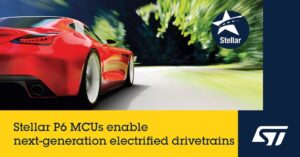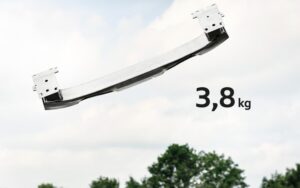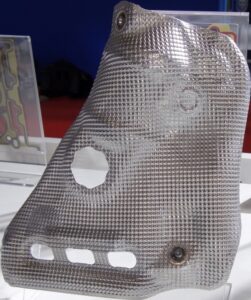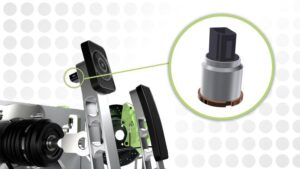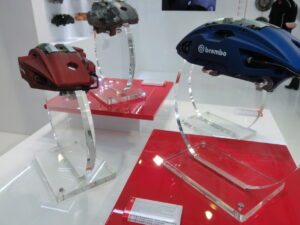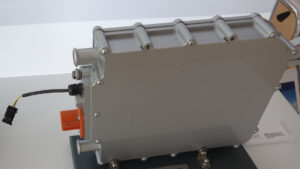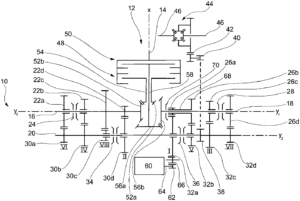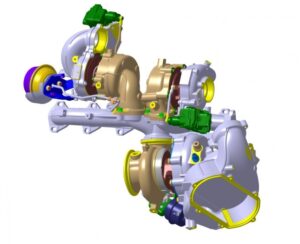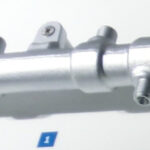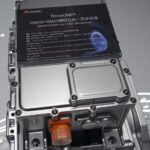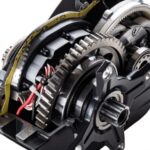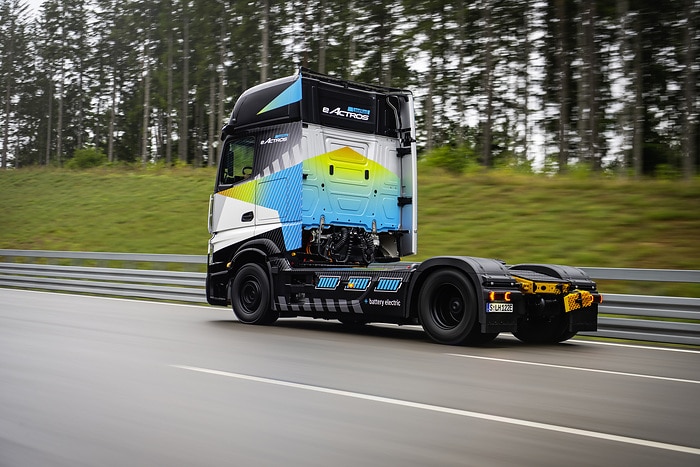
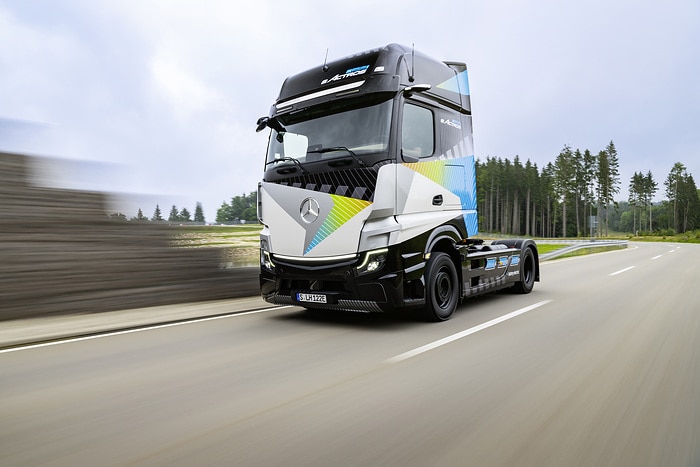
Three battery packs provide an installed total capacity of over 600 kWh. Two electric motors, as part of a new e-axle, generate a continuous output of 400 kW and a peak output of over 600 kW. In addition to the tractor unit, Mercedes-Benz Trucks will also produce rigid variants of the eActros LongHaul right at market launch. This will offer customers numerous other possible use cases in fully electric transport. Development engineers at Mercedes-Benz Trucks are designing the eActros LongHaul so that the vehicle and its components meet the same durability requirements as a comparable conventional heavy long-distance Actros. That means 1.2 million kilometers on the road over a period of ten years.
The batteries used in the eActros LongHaul employ lithium-iron phosphate cell technology (LFP). These are characterized, above all, by a long service life and more usable energy. The batteries of the production eActros LongHaul can be charged from 20 to 80 percent in well under 30 minutes at a charging station with an output of about one megawatt. The core of the Mercedes-Benz Trucks concept for battery-electric long-distance transport is to offer customers a holistic solution consisting of vehicle technology, consulting, charging infrastructure and services. First prototypes are already undergoing intensive testing and the eActros LongHaul will be tested on public roads later this year. In the coming year, near-production prototypes will go to customers for real-world use testing.
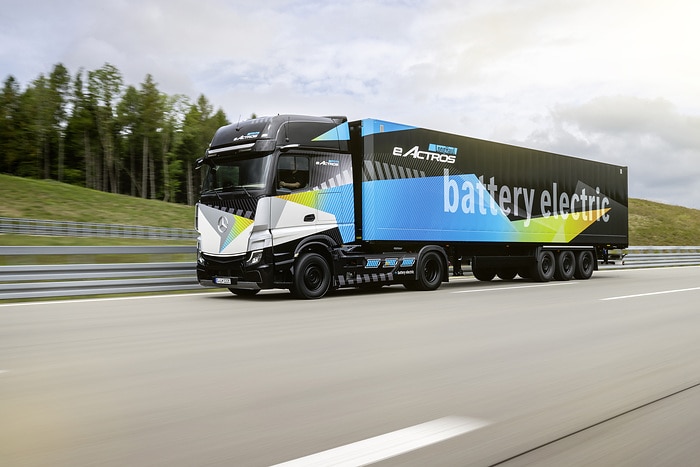
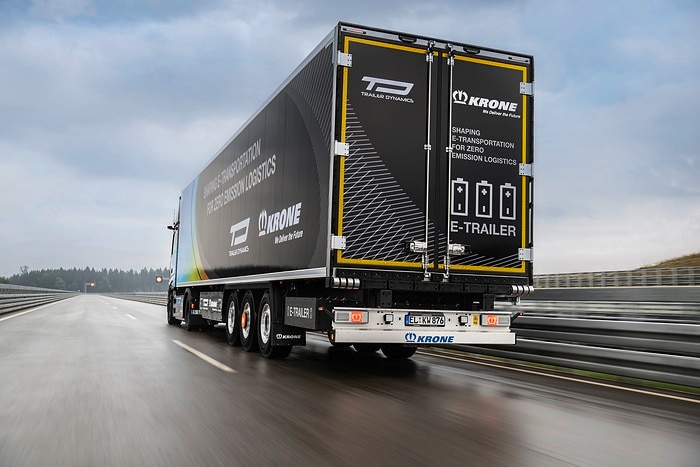
Electrified trailers can significantly increase the range of electric trucks. For example, the tech company Trailer Dynamics developed the “eTrailer” together with the trailer manufacturer Krone. The core is an e-axle built into the trailer, including batteries, which support the towing vehicle with additional power. Depending on the battery capacity of the eTrailer, ranges of more than 800 kilometers are possible with the series-production version of the eActros LongHaul on one battery charge.
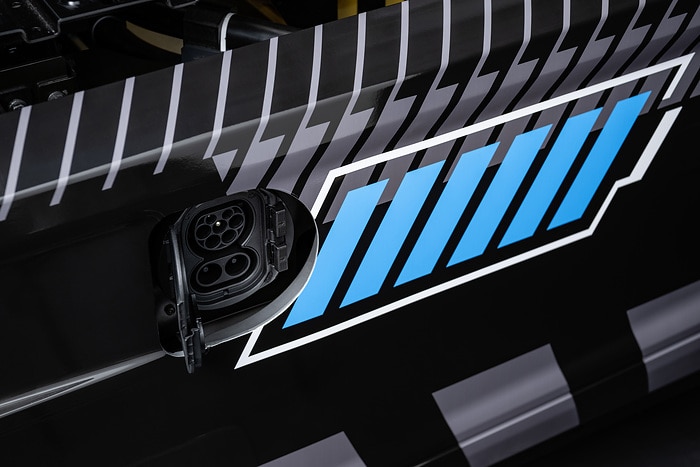
With regard to public charging for long-haul transport, Daimler Truck, TRATON GROUP and Volvo Group founded a joint venture in July. The joint venture plans to install and operate high-performance charge points for battery-powered heavy-duty trucks and coaches in Europe. The charging network initiated by the three parties will be open and accessible to all heavy commercial vehicles in Europe, regardless of brand. Mercedes-Benz Trucks is working with Siemens Smart Infrastructure and ENGIE on depot charging.
In addition, Daimler Truck participates in the “high-performance charging in long-distance truck transport” (HoLa) project. The goal of this project, under the patronage of the VDA, is the planning, construction and operation of a selected high-performance charging infrastructure for battery-electric long-haul trucking. Two high-performance Megawatt Charging System (MCS) charging points will be set up at four locations in Germany and tested in real-world use.

